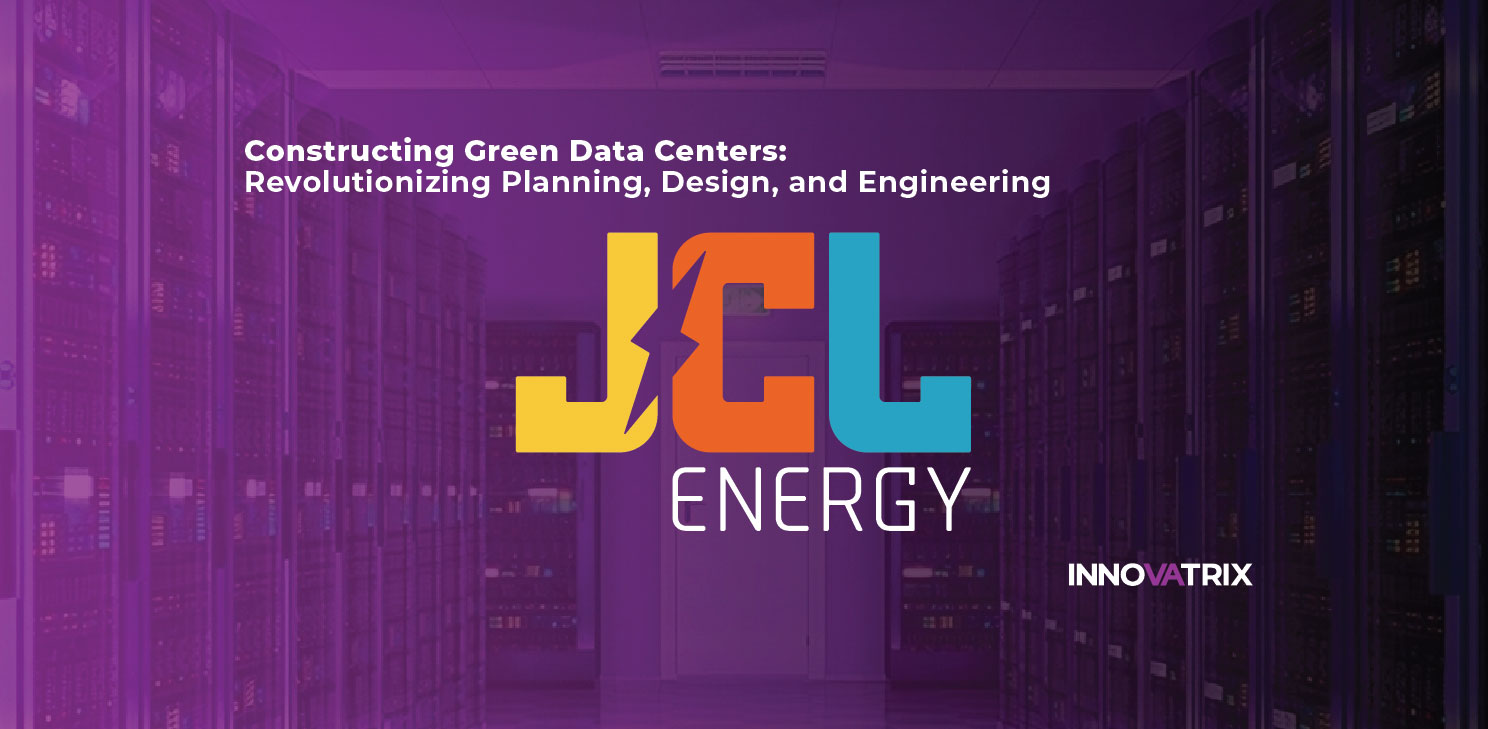Diesel is still the most widely used fuel in the trucking industry, it is under increasing pressure from ever-stricter legislation on CO₂ emissions, changing consumer preferences and the growing viability of alternative fuels. The electrification of vehicles using batteries is a popular solution to traditional diesel-powered engines but the use of different fuels is projected to grow significantly as they become a viable diesel alternative and more research and development is dedicated to it.
Hydrotreated vegetable oil (HVO) is a second-generation biodiesel that can be produced from a wider range of materials. The production process involves adding hydrogen to vegetable oil to create a fuel that is very similar to conventional diesel. In terms of performance, HVO is virtually the same as diesel and can be produced from a broad range of raw materials including a lot of low-quality waste products that cannot be used in biodiesel. It has the same climate benefits as biodiesel and depending on the materials used in its production, its wheel-to-wheel carbon emissions can be even lower still. Diesel refineries can be converted to HVO production as demand for fossil fuels decreases and its use requires no modification to the vehicle. However, even with a broader range of raw materials that can be used in production, resources are still limited and HVO is still more expensive than diesel. While carbon emissions are low, emissions of NOx and particulates are not reduced and if produced from palm oil its manufacture would contribute to deforestation.
Electrofuels are a class of fuel produced by electrolysing water to create chemical building blocks, which are used to create a diesel-like fuel with many of the same properties. The field is still in its infancy however if a source of cheap, renewable electricity can be secured, then production of carbon neutral fuel would be virtually limitless. If the electricity used is from a renewable source, then the resulting fuel will be carbon neutral and a direct replacement for diesel. But for a minimal climate impact the electricity must be from a renewable source and without access to cheap electricity the product is likely to be expensive. Emissions of NOx and particulates are not reduced, thus electrofuels do nothing to improve air quality.
Hydrogen fuel is a zero-emission fuel burned with oxygen. When used in fuel cells, hydrogen is combined with oxygen and the resulting chemical reaction generates electricity. It is a clean process with the only by-products being warm air and water vapour. Hydrogen is one of the most abundant resources on earth and its combustion produces no tailpipe CO₂ or NOx emissions and produces lower levels of noise. Hydrogen fuel cells can also deliver longer ranges compared to lithium-ion batteries and be used in conjunction with batteries as range extenders. However, 95% of the world’s hydrogen is produced from fossil sources like natural gas and coal. Fuel cells are also expensive to produce and there is a lack of infrastructure to support hydrogen-powered vehicles, making it not commercially viable.
Exhibitors at our upcoming event the DZOMUSA Expo include SinoHytec and SHPT, two companies that offer hydrogen fuel cells and hydrogen powertrain solutions to OEMs and off-highway vehicles. To discuss the future of alternative fuel use in the off-highway vehicle manufacturing sector, attend talks from expert speakers from across various industries and network with peers and solution providers, attend the DZOM EXPO, taking place at the Donald E. Stephens Convention Centre in Chicago, IL, on December 3–4, 2024.
For more information, visit our website or email us at info@innovatrix.eu for the event agenda.






